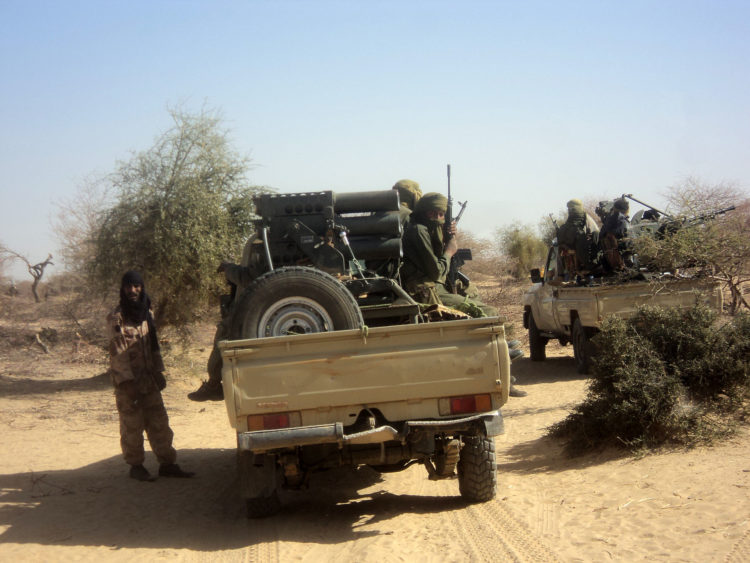Thus far the insurgency in Mali has mostly been tackled from the perspective of short-term security, this was evident by the building of an American drone base in Niger; yet long term development plans have been largely absent.
British troops to join counterterrorism fight in Mali
AI Overview
Summary is AI-generated, newsroom-reviewed.
British soldiers are set to be deployed to the war-torn country of Mali. They will join the United Nations peacekeeping operation in the country as part of an effort to combat insurgent Islamist forces. Until now, British soldiers have only assisted in training operations: Roughly 30 Army soldiers a
Read the full article for more on:
- Important insights and detailed analysis
- Expert commentary on current events
- Breaking developments and updates

British soldiers are set to be deployed to the war-torn country of Mali. They will join the United Nations peacekeeping operation in the country as part of an effort to combat insurgent Islamist forces. Until now, British soldiers have only assisted in training operations: Roughly 30 Army soldiers and Royal Marines have been working in […]

What readers are saying
Generating a quick summary of the conversation...
This summary is AI-generated. AI can make mistakes and this summary is not a replacement for reading the comments.









COMMENTS